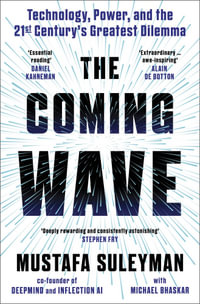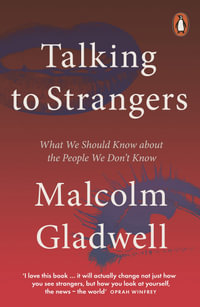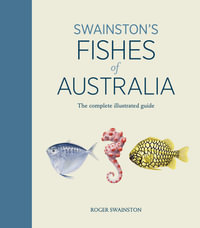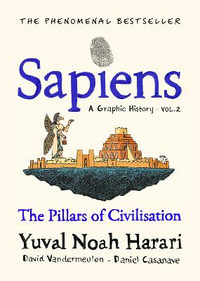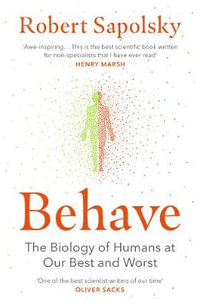Welcome to the biggest, fastest, deadliest science book you'll ever read.
The world's largest land mammal could help us end cancer. The fastest bird is showing us how to solve a century-old engineering mystery. The oldest tree is giving us insights into climate change. The loudest whale is offering clues about the impact of solar storms.
For a long time, scientists ignored superlative life forms as outliers. Increasingly, though, researchers are coming to see great value in studying plants and animals that exist on the outermost edges of the bell curve.
As it turns out, there's a lot of value in paying close attention to the 'oddballs' nature has to offer.
Go for a swim with a ghost shark, the slowest-evolving creature known to humankind, which is teaching us new ways to think about immunity. Get to know the axolotl, which has the longest-known genome and may hold the secret to cellular regeneration. Learn about Monorhaphis Chuni, the oldest discovered animal, which is providing insights into the connection between our terrestrial and aquatic worlds.
Superlative is the story of extreme evolution, and what we can learn from it about ourselves, our planet, and the cosmos. It's a tale of crazy-fast cheetahs and super-strong beetles, of micro-bacteria and enormous plants, of whip-smart dolphins and killer snakes.
This book will inspire you to change the way you think about the world and your relationship to everything in it.
About the Author
Matthew D. LaPlante is an associate professor of journalism at Utah State University, where he teaches news reporting, narrative non-fiction writing, and crisis reporting. He has reported from more than a dozen nations, including Iraq, Cuba, Ethiopia and El Salvador, and his work has appeared in Washington Post, Los Angeles Daily News, CNN, and numerous other publications. Matthew is the cowriter of several books on the intersection of scientific discovery and society, and he is currently working with Harvard geneticist David Sinclair on a book about human longevity. Superlative is his first solo book.
Industry Reviews
"
""The interesting stories and anecdotes provided here by focusing on the extremes, which are unquestionably interesting, may serve another purpose: they pique the curiosity of readers who may not have fancied themselves interested in science. ""
—CHOICE
""LaPlante writes with zeal—be sure to read his endnotes!—and engages the reader in the wonder and thrill of scientific discovery.""
—Booklist
""In Superlative, Matthew LaPlante takes us on a whiplash-paced journey around the globe to visit the biggest, smallest, quickest, slowest, and smartest creatures out there. In a string of short colorful vignettes, LaPlante explores a medley of superlative creatures one at a time, intertwining science and natural history with spirited storytelling and genuine affection. In the end, we learn that what makes each of these creatures superlative also makes them uniquely valuable—to their ecosystems, to science, and also to us.""
—Beth Shapiro, author of How to Clone a Mammoth
""Matthew D. LaPlante is a rising star. In his new book, Superlative, he travels to the ends of the Earth to find the smallest, hardiest, most unusual organisms, and the interesting people who study them. As a professor of biology, I was shocked there was still so much I did not know about our brethren at the extremes. Hail evolution.""
—David A. Sinclair, professor of genetics at Harvard Medical School
""This is one of those rare books that you want to show people while going, ‘Look at what it says here, did you know that?' LaPlante writes in an engaging and clear style that perfectly communicates his delight for nature's creativity while simultaneously lamenting the tragedy of extinction . . . Superlative should not only be in the library of any science enthusiast, but it should also be required reading for high school students and beginning college students.""
—Oné R. Pagán, PhD, professor of biology at West Chester University, and author of Strange Survivors
""Superlative displays a key scientific insight: It's the exceptions, the unusual, and the extremes that teach us the most. Matthew LaPlante's exploration of these exceptions is timely, fascinating, and exciting, giving us a chance to see what the future may—quite unexpectedly—offer us.""
—Michael Fossel, author of The Telomerase Revolution
"








